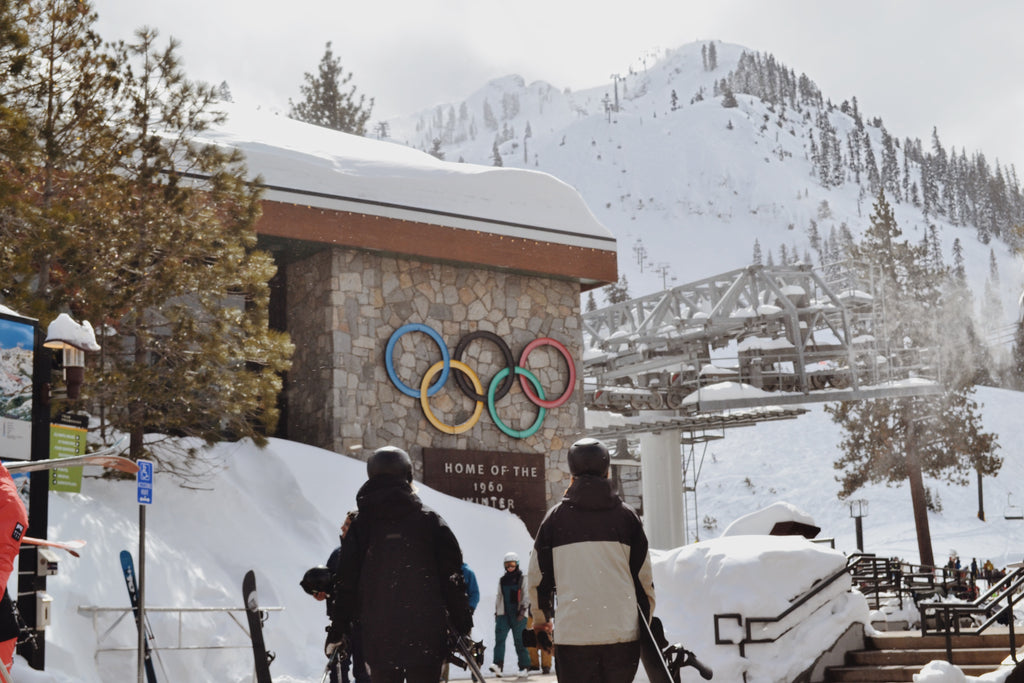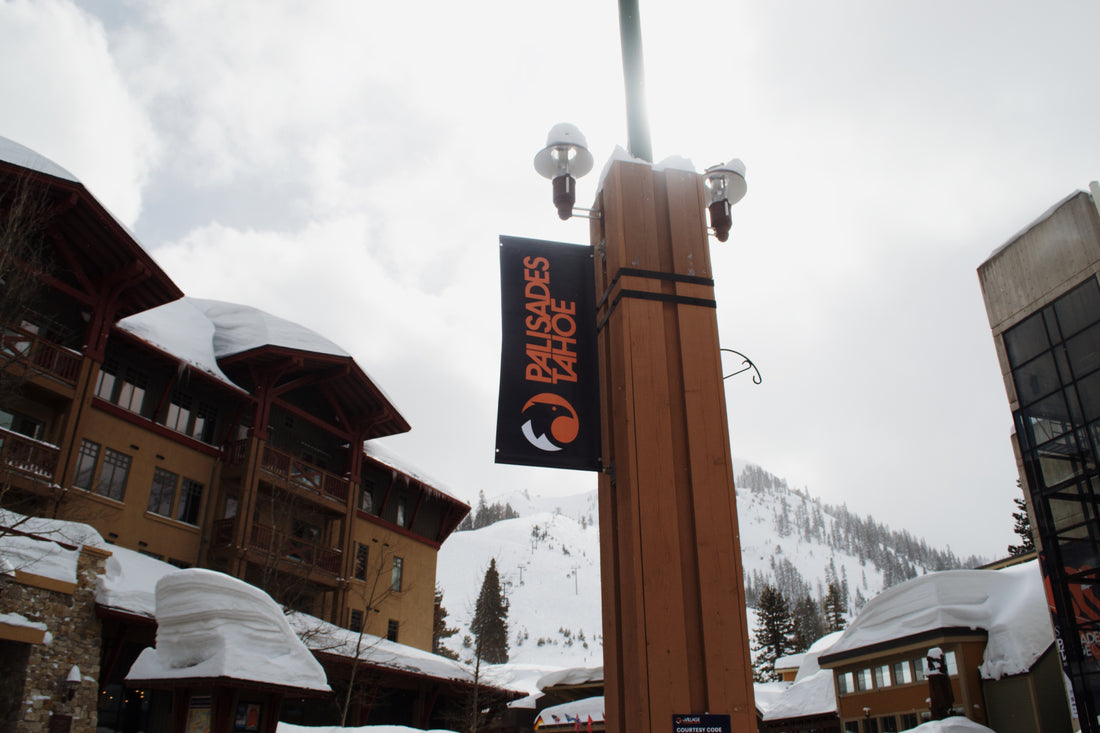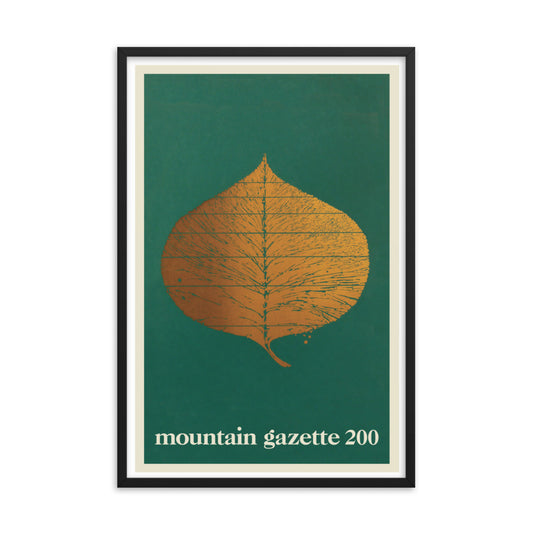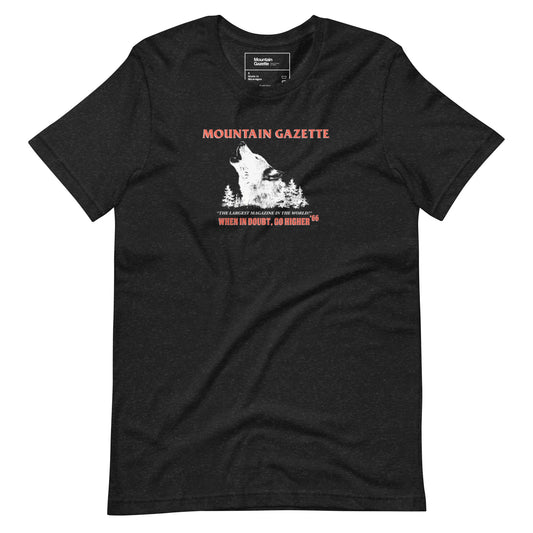Resorts across the West are seeing a growing number of workers unionizing this season, with patrollers at Palisades Tahoe being the most recent addition to the unionization wave.
Following the path of Whitefish Mountain Resort, Keystone Resort, and Solitude Mountain, the Palisades Tahoe Professional Patrol Association will be joining the United Profesional Ski Patrols of America, a local union under the Communications Workers of America (CWA). Palisades patrollers are now the fourth unit to unionize this season.
Now on his seventh season of ski patrolling and his fifth at Palisades Tahoe, Dave Monachello is currently spearheading the unionization efforts of his fellow patrollers.
“Considering unionization has been a years-long process,” Monachello says. “And the reason we're here now is that we weren't able to obtain an appropriate response from management about some of the issues we feel need to be addressed to make this a career.”
If successful, the Palisades Tahoe Professional Patrol Association would be the first unionized ski patrol in California.
The point of a union, put simply, is to level the bargaining playing field between worker and employer. Representing over 700,000 workers in both public and private sectors, the CWA is one of the largest unions in Northern America. “Responsible for negotiating contracts with over one hundred fifty employers—including ski industry giants,” they will represent the Palisades patrollers against Alterra Mountain Co.
“Alterra is a multi-billion dollar company, so they have a lot of resources,” says Monachello. “In this movement, we're talking about just the balance of power between labor and capital. The larger the labor organization that you're joining is, the more those scales get balanced, the more leverage you're able to provide.”
Monachello and his fellow patrollers cite similar reasons for unionizing as patrollers at Whitefish, Keystone, and Solitude resorts: wages, retention issues, “things we felt like are needed to make this a career,” Monachello explains.
According to the CWA, the average ski patroller makes around $13 an hour, a wage insufficient for most U.S. ski towns. And while patrollers have seen pay increases along with the rest of the industry in the last 10 years, Monachello says they continue to fall behind the cost of living - an adjustment the CWA can help them bargain for.
“One thing the union helps with is really pegging down that cost of living to at least the state of California,” says Monachello . “Because, if we're getting a cost of living adjustment, but it's factoring in Nebraska, and Pennsylvania, and Ohio, and California, those are very different numbers that skew the reality of what it looks like to live in this place.”
While the job satisfaction of patrollers is often very high, Monachello says the financial strain of insufficient pay is what makes them leave, which has major safety implications for mountain operations.
While ski resort employment rates are on the incline, the majority of their part-time workers stay for only a handful of seasons before moving onto the next resort or next career altogether, and this revolving door holds serious implications for patrollers, whose knowledge of safety and avalanche control take years to hone.
“To be a very solid patroller, you have to have the knowledge to work on every complex, to understand proper avalanche control, and to work in rescue terrain,” Monachello explains. “It realistically takes 10 years to not only do all of that, but to be able to pass on that knowledge to the newer patrollers, as well.” Monachello explains.
Palisades currently employs a handful of seasoned patrollers, those with 20 or more years of experience, while the majority of patrollers leave around the 5-10-year mark, opting for other first responder jobs that offer a more competitive pay.
“They leave not because they're not passionate about their work,” says Monachello. “But they just can't afford to continue doing the job they love. The jobs that we've lost people to are often first responder jobs, where that living wage is there.” He continues: “We feel that this union is going to be huge in helping us to ensure a safe and professional work environment, as well as providing a safe skiing experience for our public.”
According to the National Labor Relations Board, at least 30% of workers must agree to unionize, and with 75% of Palisade patrollers on board, Alterra has agreed to an election, which Monachello predicts will take place this week, likely the Thursday or Friday before Easter.
“The company speaks to us with one collective, very powerful voice, and this is our opportunity to speak with our collective voice,” he says. “Whitefish’s union voted in with 96% of the votes casting ‘yes’. And so we're hoping for a very similar number. We’re much more than optimistic.”








